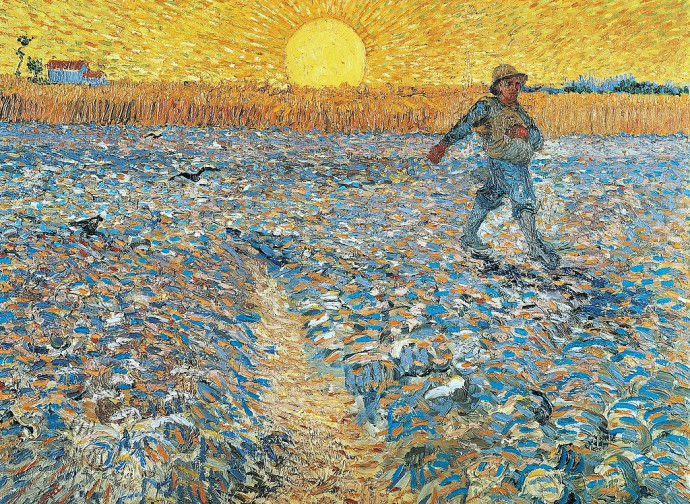Listening For The Kingdom: Why The Parables Still Speak
- Chris McKinney
- Sep 2, 2025
- 2 min read
Updated: Sep 4, 2025

This past summer, we spent time studying the parables of Jesus in preparation for our new podcast season. And honestly, it felt a little like geeking out in the best way. We love good Bible study, and diving into these short, mysterious stories Jesus told was both surprising and rewarding.
What stood out most? Just how often Jesus spoke in parables, even near the very end of his life. We were also struck by how much these parables overlap with the Beatitudes: both describe the upside-down nature of God’s kingdom. The more we studied, the more we realized Jesus wasn’t just teaching about the kingdom, he was inviting us to see and live in it.
As we launch this new season of the podcast, Neighboring Through the Parables, here are three truths we’re carrying into our neighborhoods.
1. Parables are Jesus’ Genius Way of Teaching
If you or I were headed to Jerusalem knowing death was near, we’d probably be crystal clear with our words. “Write this down!” we’d say. But Jesus? He tells a story.
That’s the brilliance of the parables—they’re indirect, subversive, and sticky. They slip past the defenses.
Jesus doesn’t shout moral commands. He invites listeners to think, reflect, and wrestle. Instead of telling people to forgive, he shares a story about an unforgiving servant. Instead of commanding people to be rich toward God, he tells of a rich fool hoarding grain.
And somehow, that approach still works today. These parables have entered our cultural vocabulary, “Good Samaritan,” “prodigal son," even among those who’ve never opened a Bible. Stories speak in ways lectures never could.
2. Parables Are About the Kingdom, Not Just Morals
It’s tempting to reduce parables to little moral lessons, be good, forgive, don’t lie. But Jesus wasn’t trying to create better citizens. He was ushering in a new kingdom. N.T. Wright puts it this way: "Jesus told parables to interpret his mission, to help people understand what he was doing and why."
That changes how we read them.
The parables don’t just make spiritual truth easier to understand. They call us to rethink everything. They invite us to see what kind of kingdom Jesus came to bring, one where the last are first, the small becomes great, and what looks insignificant (like a mustard seed) grows into something massive.
3. The Parables Invite Us to Listen Differently
We’re starting this season by focusing on the Parable of the Sower, a “meta-parable” that unlocks how all the others work. In it, Jesus talks about seed falling on different kinds of soil. The seed is the Word. The soil is the heart. The difference? Whether the listener hears.
Jesus ends the parable by saying,
“Let those who have ears, hear!” It’s not just about having working ears, it’s about cultivating a heart that’s soft, open, and ready to receive. It’s a call to slow down, to reflect deeply, and to be shaped by the kingdom values embedded in these stories.
Are we open? Are we listening? Because it’s in the hearing, and the doing, that transformation begins.


